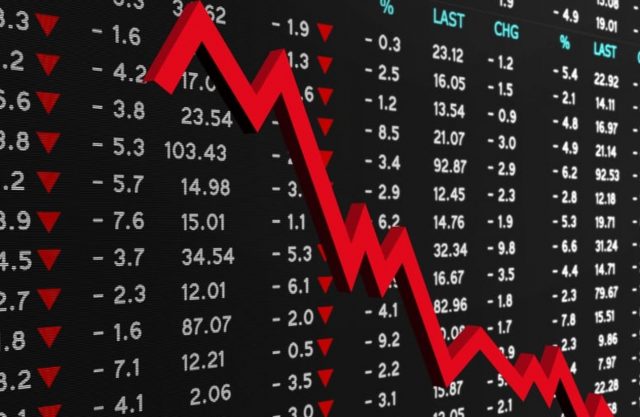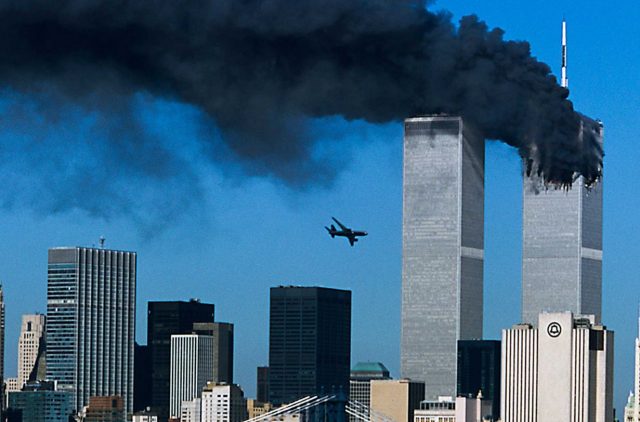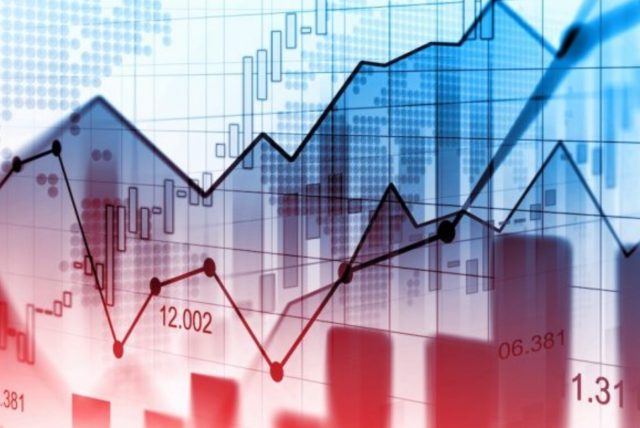
Mostly the stock market goes up. And as long as that trend continues, it seems to us that nothing can disrupt it. Crash seems like something that can’t happen because everything is stable and values are constantly going up. And then when almost no one expects, a crash happens, wiping billions of dollars. At the moment of stock market crash, usually only a few experts managed to predict the events while everyone else are shocked and they don’t have a plan what to do.
And when that happens, as happened when the coronavirus pandemic began last March, all those who managed to predict the collapse will be able to seize the opportunity. While everyone else will lose money. So we will help you seize the next opportunity by telling you a few things about history’s biggest stock market crashes and warning signs to follow because these signs are indicators that the stock market is going to crash.

What is the stock market?
In general, most countries in the world have their own stock market and all companies domiciled in that country usually appear there. Yet when you hear talk of a “stock market” in the media, whether it’s a crash or something, you can be pretty sure they’re actually talking about the S&P 500 index.
The S&P 500 index is an index that represents the 500 most powerful USA companies. The S&P 500 index is a benchmark for economic events in the world, which is why the media often equate it with the S&P 500 index and the stock market in general.
History’s biggest stock market crashes
Black Friday
Today, Black Friday is a shopping holiday after Thanksgiving. But this is actually the first stock market crash, if we don’t count Tulip Mania, which certainly couldn’t be a classic example, but a precursor. Black Friday happened on September 24, 1869, and then, after a lot of speculation, the price of gold dropped terribly in just a few hours.

Wall Street Crash
It was the largest collapse ever, which occurred in the fall of 1929 and caused the Great Depression. It took over 10 years for the economy to recover and recovery happened thanks to the military industry that started mass production due to World War II.
Black Monday
Black Monday occurred on Oct. 19, 1987 and on that day the Dow Jones Industrial Average lost over 20%. That is why Black Monday is considered one of the worst days in history, economically speaking. The cause is considered to be geopolitical turmoil as well as the use of computerized trading programs.

9/11
The chaotic events following the terrorist attack in New York on September 11, 2011 led to a drop in all indexes, but compared to all other crashes, one after 9/11 lasted very short. Just two months later, everything was back to normal.
Great Recession
Less than 100 years after the Great Depression, we also had the Great Recession. It was a period of global economic recession from 2007 to 2009 that caused the Dow Jones Industrial Average to lose 50% of its value. As after most crashes, a period of prosperity followed until.

Coronavirus
Until March last year, the stock market was in its best period ever for over 10 years. And then came the most rapid collapse ever. Although it was most rapid ever, it did not last that long, as the situation improved significantly by the end of the year.
Warning signs
1. Reduced earnings
One of the not-so-obvious warning signs is the reduced earnings of large companies. While not such an obvious sign, all experienced analysts always look at quarterly earnings reports. When you notice that a lot of companies have reported a downturn, it should be a warning that there is a possibility that the crash will happen relatively soon.
Of course, current events need to be analyzed as well. On this website we read how Disney revenue fell staggering $ 4.4 billion in the 4th quarter of last year, but it is clear that the pandemic is the cause. What we have pointed out to you refers to the moments when there seem to be no major negative effects, and earning still declines.

2. Rising interest rates
One of the economic mechanisms applied during the pandemic was a drastic reduction in interest rates, which was supposed to stimulate people to borrow more money. And then at least a part of them will invest that money, which will lead to the recovery of the stock market. The Federal Reserve System has succeeded in its intention, as a significant market recovery has taken place.
However, in order to prevent further inflation, they will have to start raising interest rates, which will lead to less money in circulation. So keep an eye on interest rates and when they start to rise, know that a crash can happen.
3. Inflation
Inflation, to some degree, is something that keeps the U.S. economy at the top of the world. Inflation allows profits to be generated and that is why FED wanted to stimulate inflation to some extent with reduced interest rates. But if you notice that inflation is rising more and more, it means that the economy is falling into a vicious circle and that a bear market may occur.

4. Auto sales
What people who are not familiar with the functioning of the stock market do not know is that car sales are a leading economic indicator. The more people are willing to buy cars, the more stable the market is and vice versa. So pay attention to car sales, because it will show you very precisely what the situation is and whether the recession is approaching.
5. Volatility
Volatility is a common occurrence in the stock market. But if you notice higher than normal volatility, that’s a big warning sign. Any volatility within a day is not a cause for concern, but if you notice for several days in a row that volatility is higher than normal, it will attract a large number of new investors. And that will disrupt the market almost certainly.

Conclusion:
You should keep in mind that it is impossible to predict every crash. Even the most successful investor ever, Warren Buffett, failed to predict some of the collapses. But if you learn from examples from history and follow the warning signs we told you, you have a good chance of predicting the next crash.














